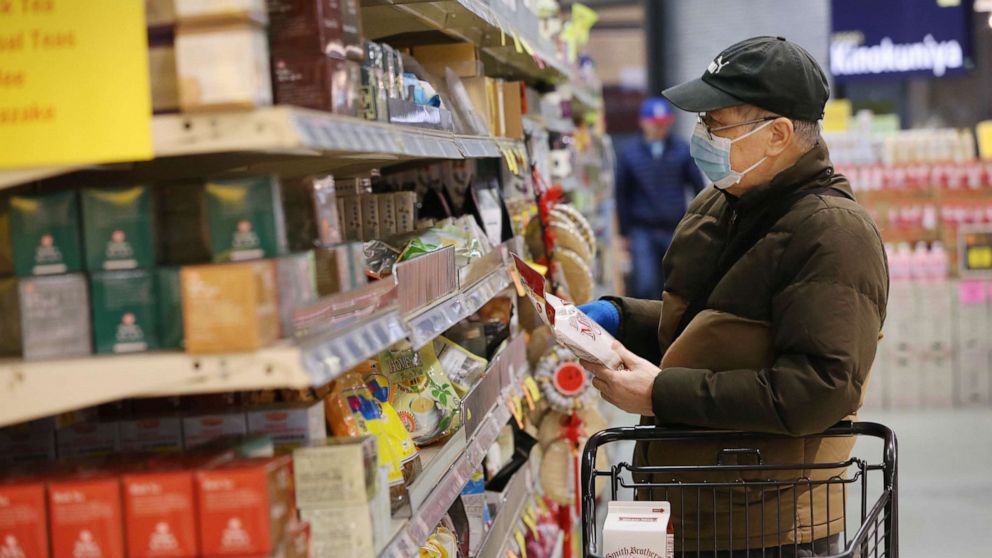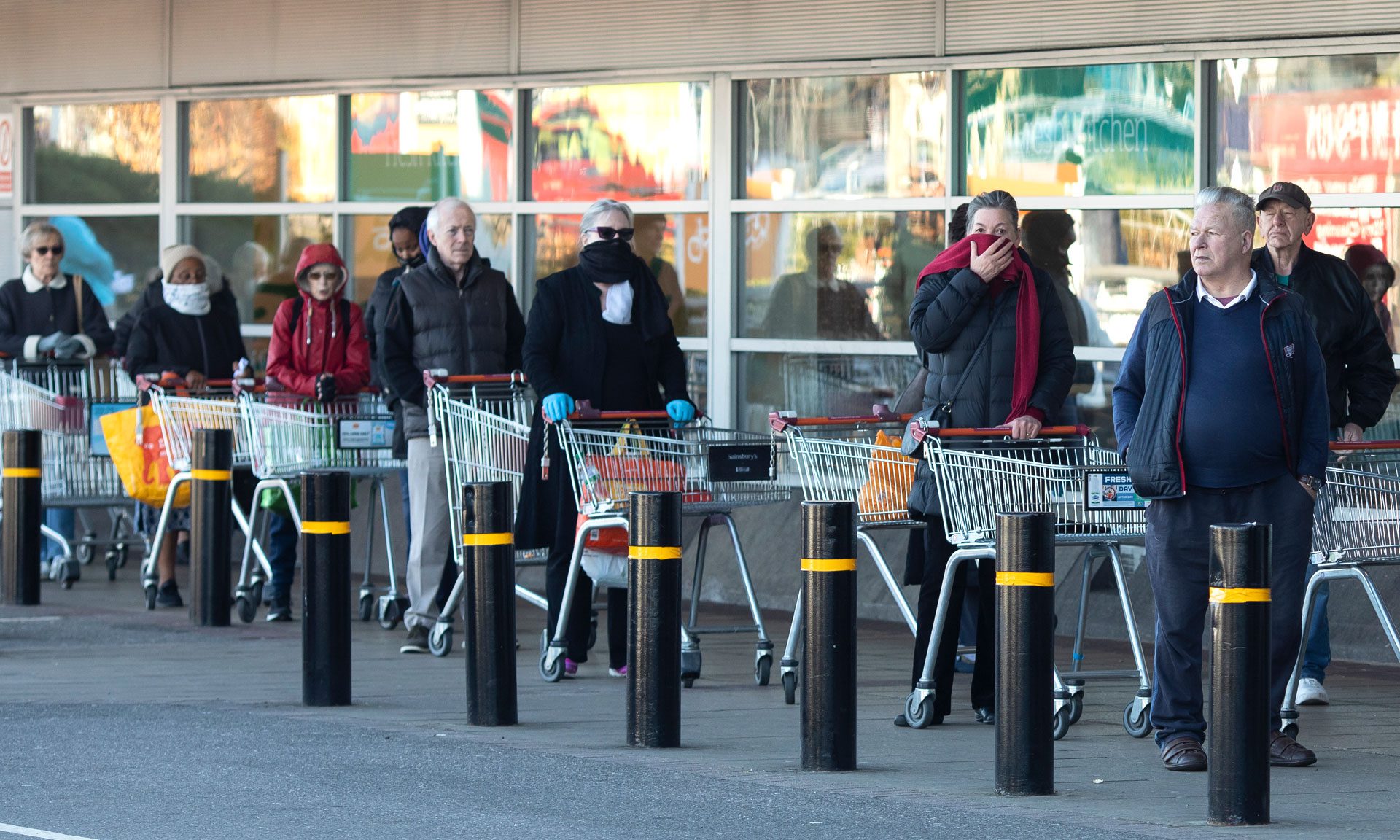
As COVID-19 continues to impact every aspect of our lives, there are a number of effects on businesses that will make this pandemic last longer than 2020. While many of these effects are shocking and “not the norm” for consumers, this is only the beginning. This pandemic will forever change the retail industry across all boards.
Retailers are getting inventive in how they provide their products to their consumers as the world stays in lockdown. Primarily, online-only retailers have a huge upper hand right now. Being that they have the distribution centers, processes and strategies, and business plans in place for a surge of online orders. However, other large retailers such as TJ Maxx do not have these advantages.
TJ Maxx, lacks the capabilities to fulfill orders online. In turn, they have made the decision to indefinitely suspend ecommerce operations for the time being. [i] Retailers are either being forced to change their ways and adapt to the pandemic, or suffer the losses. While rises in sales are being noted, these figures apply to a select few categories of retail.

“Adobe noted that the grocery sector saw a 100% increase in daily online sales for March 13th to 15th compared with average daily sales seen through March 1st to the 11th.” [i]
Many grocers that never offered the option to purchase online, are now venturing into this sector. Aldi, a German supermarket company with stores across the globe, has begun to sell groceries online for the first time ever. They are launching a special box of “essentials” that customers can order via the Aldi website. [i] Aldi’s move follows other supermarkets including Marks & Spencer and Morrisons. They have also launched boxes of essentials (sold online), specifically to help vulnerable people during lockdown. [i]
While retailers scramble to find innovative ways to bring their product to their customers, the coronavirus outbreak has knocked out barriers. These barriers have normally differentiated large online retailers such as Amazon from all other retailers.

“One by one, new innovations will take hold until retail’s future looks quite different from the world everyone knew as recently as last Valentine’s Day. Some of the impacts are already taking shape, while others are still years away.” [ii]
The first domino has already fallen, and it’s inevitable that the following changes in retail must become the new norm across all boards, otherwise companies who fail to keep up will fall behind.
The first major change in the retail industry is that payments will become contactless. [ii] For example, Walmart announced that its customers can now pay in store and pick up their order deliveries “contact free” by simply paying online using the Walmart Pay on the Walmart app. [ii] Retailers such as Target, Starbucks, and Chick-fil-A are already on the forefront of this trend, but more retailers are jumping on the train.

Another major change is checkout-free retail. Retailers have begun to put up plexiglass shields at their check lanes to protect consumers. Kroger, for example, was one of the first retailers to adopt this practice. [ii] However, retailers are diving into checkout-free retail to ensure even less in-person contact. Checkout-free retail has already made it’s move through mobile scan-and-go setups, like in Sam’s Clubs across the country, or Amazon-Go’s setups requiring you to scan a barcode to enter the store, and then deducting whatever items you leave with from your account. [ii]
Lastly, as if this wasn’t obvious: automation will continue to rise and be implemented in stores all over. Both local and big box retailers are struggling to find ways to remain operational during these crazy times, but the day-to-day costs of running a retail operation under shelter-in-place conditions is almost untenable. [ii] The only real future proof solution is to figure out how to do more with less. [ii] This means robotics will begin to make their move from primarily distribution centers, to backrooms of retail operations, and so on and so forth.
While many of these changes are quite terrifying to retailers and consumers globally, there are game-changing entirely new, exciting things happening as well. As stores begin to increase usage in distribution centers to fulfill online orders, update stores to contactless payment, checkout-free retail, and an increase automation, services like electrical upgrades and installs in retail stores and DCs are vital.
Rogers Electric has completed jobs with various DCs, retail stores varying in size, grocery stores and much more before this pandemic, and we are continuing to work with these partners through the pandemic. Our customers are our major priority, and we are ready to do what it takes to keep these retailers on the forefront of retail changes as this pandemic continues to affect our world. Check out all the work we do over on the Rogers Electric website!




